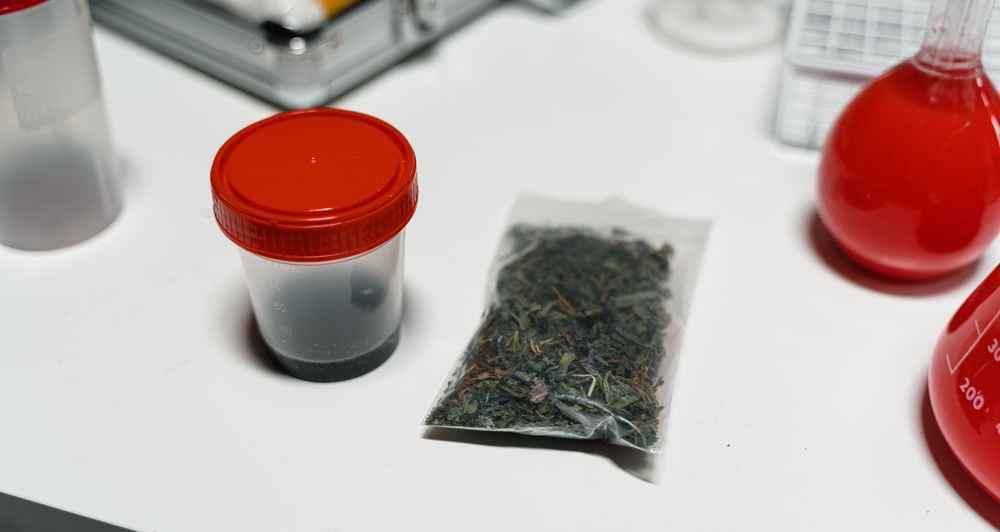
Texas Medical Cannabis
Share
Texas Medical Cannabis: Industry Finds Hurdles Despite Growth
In Texas, medical cannabis found 2,756 new patients this September. That boost marked a 33% growth from August. September also marked the first month of expansion for medical cannabis rules approved earlier this year by the Texas Legislature.
Called the Compassionate Use Program (CUP), this slight expansion included new eligibility options for patients. Now, it opens options up for patients suffering from any form of cancer as well as post-traumatic stress disorder (PTSD) and an array of other ailments.
However, it still remains one of the most restrictive programs for medical cannabis across the country.
Slow And Steady Growth and Acceptance
Over the years, the patient count for the program in Texas has seen slow, steady growth. However, September saw the first month wherein over 1,000 patients were added in a single month. This year alone, patient count jumped about 162%.
In January, the program had 4,182 patients. By the end of September, it had almost 11,000. Still, there’s plenty of room for additional growth. However, many who hope to capitalize on the gain face major hurdles.
Marcus Ruark is the president of Goodblend Texas. In an interview with Austin Business Journal, he stated that he’s seen an influx of patients at the company’s dispensaries. However, he noted that there seems to be a major increase in patients with PTSD.
Across patient count, phone orders, and e-commerce buys, they have seen an increase. Moreover, the company launched an awareness campaign to highlight the expansion of the CUP.
Untapped Potential In Texas
Across Texas, medical cannabis experts see this uptick in patients. However, they say there remains plenty of untapped potential across the State. In fact, there are millions of Texans with the potential to qualify for the program, according to some.
Currently, Texas has a mere three licensed providers of medical cannabis. This scarcity of licensed operators creates an extremely attractive state for potential investors and acquirers alike. In particular, this comes from the massive population in the state as well as the immature marketplace.
For many, this uptick represents a shot in the arm. However, the cannabis marketplace in Texas remains in what many consider its infancy. While this growth is good, it does little to change the game for the state and its providers.
For a state as large as Texas, 11,000 as a total is still quite minuscule. Moreover, with the resistance from the Texas Legislature towards legal alternatives, the Texas medical cannabis faces additional hurdles.
What Stops Industry Growth in Texas?
So, what keeps Texas medical cannabis industry from growing quickly? Here are a few reasons at the core of the problem.
- Legislative restrictions on THC by weight allowed in the product
- A lack of CUP awareness across the state
- Logistical issues with those who oversee the program
Logistical Issues
Even with a relatively small influx of patients, providers now have a logistical headache to deal with. Some companies remain hamstrung by rules that apply across the state. For instance, the state limits the number of storage locations per provider to… one.
That means each company has one location from which to dispatch their drivers. As they serve patients from El Paso to Denton, this creates an issue to serve patients on a rolling basis.
Imagine telling a pizza company to serve the entirety of Texas with a single kitchen. It makes timely delivery for patients quite an issue.
Still, some companies are at work with the DPS with the hope of changing these rules.
Legal Gray Areas
Aside from logistics, there’s a legal gray area with a THC product - Delta 8. In a recent interview, Texas Hemp Growers’ Zachary Maxwell claimed this product created a market valued around $50 million.
At the federal level, hemp thresholds for any over-the-counter product containing CBD restrict THC content to 0.3% by final weight.
Still, there remains a back and forth between sellers, enthusiasts, and the Texas Legislature. Recently, the Texas Legislature sought to ban Delta-8 products, leaving people dealing with potential felonies. However, some store owners seek to overturn this with lawsuits to establish Delta-8 as a legal product that meets federal standards.
Between the legal issues and the logistical headaches, new CUP patients face potential price increases and wait times for their prescriptions. This leaves patients in the states surrounding Texas with far better access than those in the Lone Star State.
Isn’t it about time for Texas to catch up?
